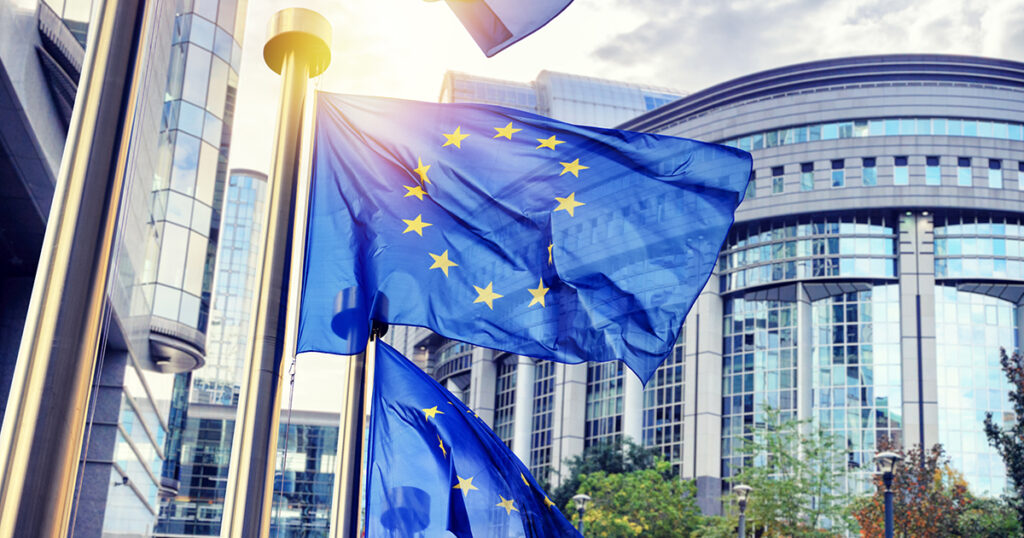On 9 June 2023, the Council of the EU agreed its position on an anti-SLAPP law aimed at tackling abusive lawsuits filed to silence people who speak out on issues of public interest.
We warmly welcome the explicit acknowledgement within the text that researchers and academics are important participants in public debate, and as such, deserve effective protection, since they too may also be targeted by SLAPPs. We especially welcome the direct connection made between academic freedom and democracy, as the text does on to state that “[i]n a democratic society, members of the academic community should be able to engage in research, teaching, learning and communication in society without fear of reprisal”.
However, we were disappointed to learn that the some of the key protection measures originally identified by the European Commission were absent from this text.
SAR Europe is a member of the Coalition Against SLAPPs in Europe (CASE) and a full reaction to the watered down proposal can be read here.
CASE has also developed a list of key priorities that should guide lawmakers while negotiating the Commission’s proposal, and it can be accessed here.
Threats to academic freedom manifest through a wide range of conduct, from violent or coercive attacks on scholars, to administrative actions or legal coercion. Legal coercion can take many forms, including via strategic lawsuits against public participation (SLAPPs). SLAPPs can be utilised to target academic conduct or expression directly, or to intimidate or harass members of the higher education community.
SLAPPs may force scholars to disengage from public discourse by refraining from publishing (news articles, blogs, twitter) or speaking on a topic in a public forum (tv and radio interviews/debates, conferences etc), thereby limiting the distribution of new knowledge and ideas. This may allow certain narratives to go unchallenged, and past narratives, particularly ones concerning historic events, are at risk of being rewritten to align with ideology. SLAPPs may serve to discourage the pursuit of a particular type of research, encouraging self-censorship, both in respect of the targeted party but also others so engaged in that field of study. This may result in a more cautious approach to the type of work pursued, or avoid a particular topic altogether, ultimately serving to deprive the public of evidence based research. SLAPPs purposefully tie parties into time-consuming and resource-exhausting litigation serving to distract scholars from their work but may also hamper their ability to attract grants to support the continuation of that work. SLAPPs also hold significant potential to damage reputations, and ruin hard earned careers.
SAR Europe argued for the inclusion of academics and researchers in any anti-SLAPP measures adopted. We argued that this would serve to publicly highlight the crucial role of scholars in combatting disinformation and misinformation. That it would send a powerful message that the EU understands and seeks to actively protect those that use their voice to both create and share evidence-based knowledge.
Read more here.

